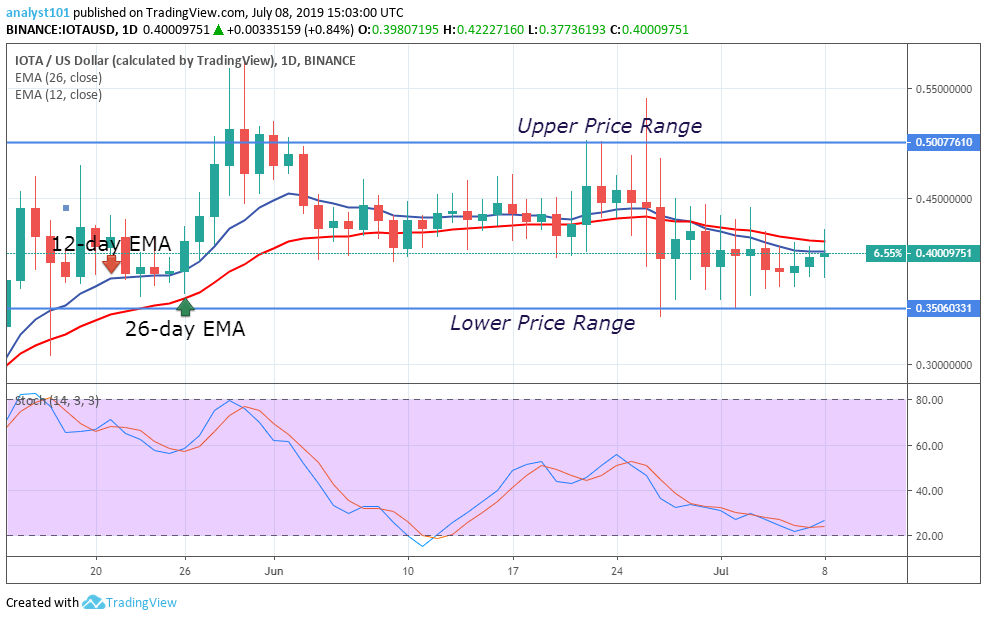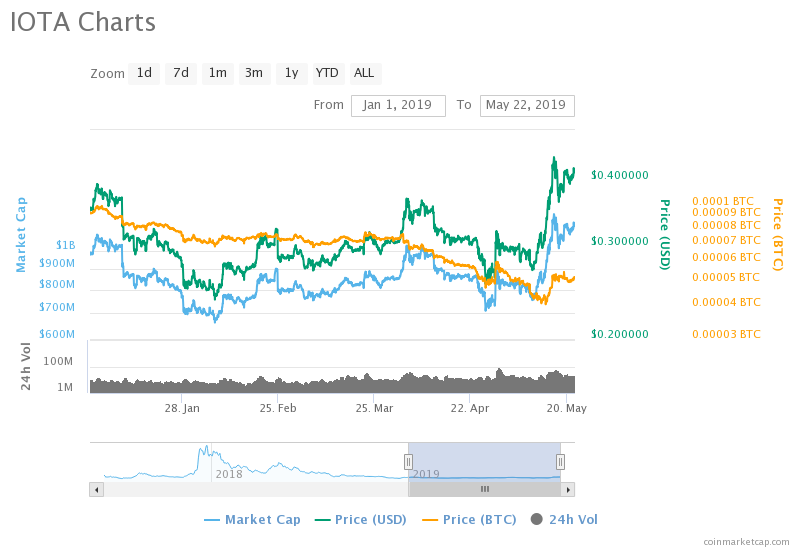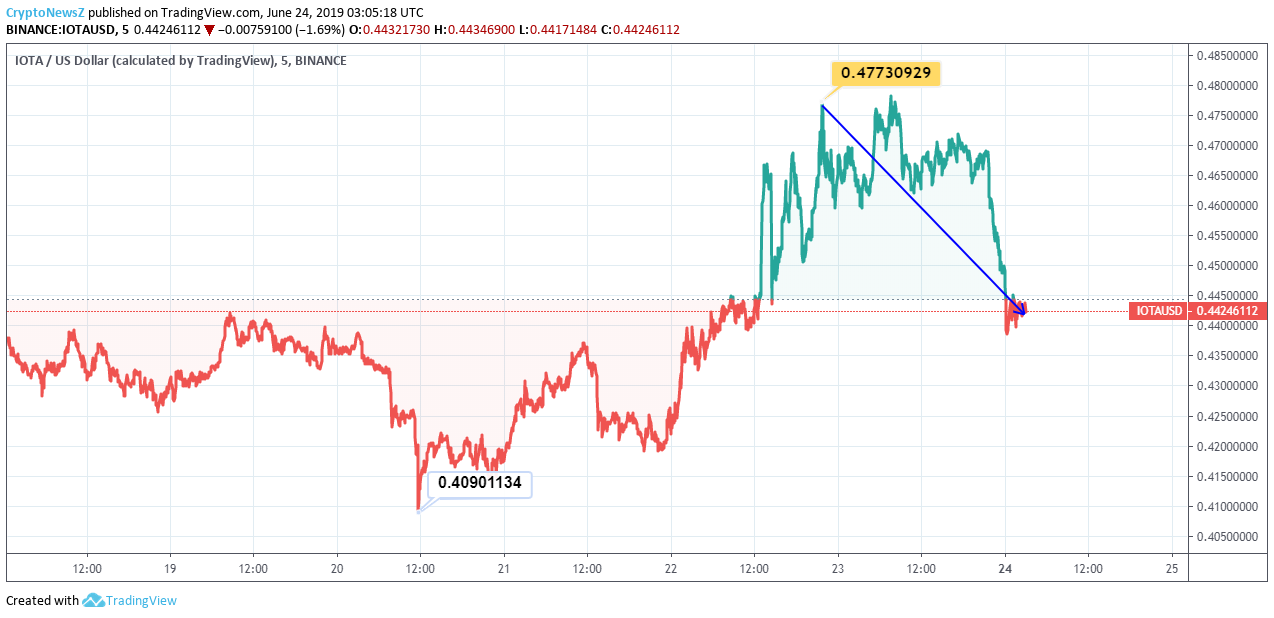

Approximately 1300 BTC were raised, corresponding to approximately US$500,000 at that time, and the total token supply was distributed pro-rata over the initial investors. Initial development was funded by an online public crowdsale, with the participants buying the IOTA value token with other digital currencies. The value transfer protocol IOTA, named after the smallest letter of the Greek alphabet, was created in 2015 by David Sønstebø, Dominik Schiener, Sergey Ivancheglo, and Serguei Popov.

1.4 IOTA 1.5 (Chrysalis) and IOTA 2.0 (Coordicide).
#Iota value update
A testnet for a follow-up update called Coordicide, or IOTA 2.0, was deployed in late 2020, with the aim of releasing a distributed network that no longer relies on the coordinator for consensus in 2021. In this update, controversial decisions such as ternary encoding and quantum proof cryptography were left behind and replaced with established standards. As a result, IOTA was rewritten from the ground up for a network update called Chrysalis, or IOTA 1.5, which launched on 28 April 2021. IOTA has been criticized due to its unusual design, of which it is unclear whether it will work in practice. As the coordinator is a single point of failure, the network is currently centralized. The network currently achieves consensus through a coordinator node, operated by the IOTA Foundation. Transactions can therefore be issued without fees, facilitating microtransactions. IOTA does not use miners to validate transactions, instead, nodes that issue a new transaction on the network must approve two previous transactions.

It uses a directed acyclic graph to store transactions on its ledger, motivated by a potentially higher scalability over blockchain based distributed ledgers. IOTA is an open-source distributed ledger and cryptocurrency designed for the Internet of things (IoT). Archived from the original (PDF) on 14 August 2020.

On July 28, 2022, IOTA (MIOTA) had a value of $0.2981.Open-source distributed ledger and cryptocurrency “Login with IOTA” will allow websites and applications to onboard new users while respecting their privacy and enhancing security and will be a system that is interoperable with existing standards, such as OpenID Connect (IODC), which is utilized by over 50,000 websites with more than one billion accounts. This proposed solution is aimed at offering privacy-preserving login systems that can be integrated easily within any application and follow well-defined standards as a means of reaching a maximum level of interoperability. Walt.id is a provider of identity, non-fungible token (NFT), and wallet infrastructure for developers and enterprises.
#Iota value full
Users will be able to remain in full control over their data and will be able to securely share information at their discretion. Specifically, they are developing a privacy-preserving, SSI-based login system that will allow traditional, Web2, and decentralized, Web3 apps to easily onboard new users. On July 27, 2022, IOTA made an announcement on their official blog about a collaboration with the IOTA Foundation and Walt.id. The “Login with IOTA” feature as a catalyst for growth The native cryptocurrency is utilized as a means of exchanging value, and to account for transactions on the network. IOTA (MIOTA/USD) is a distributed ledger that utilizes proprietary technology known as “Tangle,” which is a system of nodes that confirms the transactions.


 0 kommentar(er)
0 kommentar(er)
